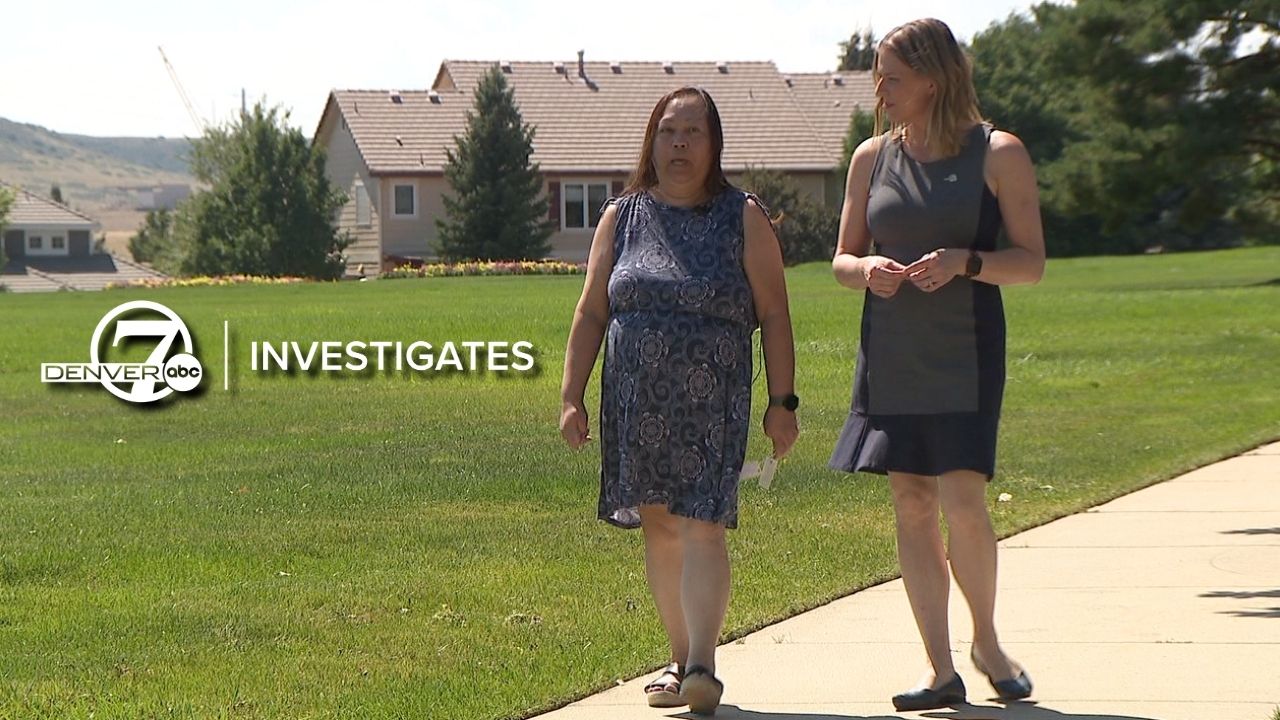DENVER — Colorado is seeing a sharp rise in complaints about debt collection calls, and consumer advocates warn that some of them may cross the line into abusive — or even fraudulent — behavior.
A NumberBarn analysis of the latest Federal Trade Commission data shows that debt collection complaints nationwide have increased by 150% in the past year, with almost 1,000 complaints filed in Colorado. Reports of abusive or threatening calls have nearly quadrupled in that same time.

Financial educators cite two main reasons: more people are falling behind on payments, and a weakened Consumer Financial Protection Bureau that may have emboldened some debt collectors.
“We don’t like to talk about it a whole lot,” said Thomas Nitzche, a financial educator with the debt counseling nonprofit Money Management International. “It’s a stigmatized subject. People feel like if they’re in debt, it’s somehow a reflection of their character.”
- Hear more from Nitzche in the video player below
‘They would threaten us’
Anna Marie Nguyen of Castle Rock knows all too well how overwhelming those calls can be. Years ago, her 57-year-old husband was diagnosed with Alzheimer’s disease, laid off from his job, and left with $75,000 in credit card debt.
“I was just hopeless,” Nguyen said, remembering the debt collection calls that came during that time. “They would threaten us that they would take everything we have if we didn’t make any payments.”
The FTC warns that falling behind on bills does not strip away your rights. Debt collectors cannot:
- Use abusive language or threaten violence
- Harass you
- Call before 8 a.m. or after 9 p.m.
- Lie or pretend to be someone they’re not
The FTC created a video about your rights when it comes to debt collectors:
Nitzche urges consumers not to make quick decisions on the phone and to be aware that some calls may be outright scams.
“If they’re using high-pressure techniques, there’s a chance that it could be a scam,” he said.
Finding a way out
Nguyen eventually turned to Money Management International for help negotiating lower interest rates. She committed to paying $1,600 a month and cutting up her credit cards. Four years later, she was debt-free before her husband passed away last year.
“In four years, thank God we were able to get rid of all that credit card debt,” she said. “It felt so good, fabulous that now I don’t owe anything from any credit card at all.”
Colorado has one of the highest levels of personal debt in the country, averaging over $82,000 per person. Nguyen said she shared her story to show others that getting out of debt is possible.






